Imperialist countries invade weaker nations and try to impose their rule over them. Once the world is divided up by the great powers, one imperialist’s gain can come only at the expense of another. That is the nub of the matter today.
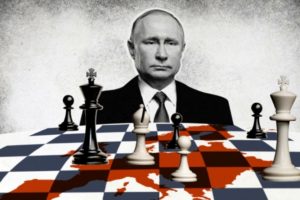

Imperialist countries invade weaker nations and try to impose their rule over them. Once the world is divided up by the great powers, one imperialist’s gain can come only at the expense of another. That is the nub of the matter today.

The relations between Western powers and Russia have never been closer to war since WWII than after the Russian invasion of Ukraine, while the US and Russia was never closer to each other than in Syria after the chemical deal in September 2013.
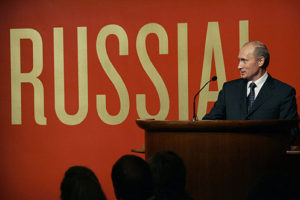
Putin’s approval rating spiked after the 2014 annexation of Crimea, as it had fifteen years earlier with the bombing of Chechnya. An ideological climate of conservatism and nationalism has dominated the country for almost ten years, at least among older Russians.

As anti-choice policymakers across the country seek to severely restrict reproductive freedom, Republican lawmakers in at least four states this week advanced bills banning or limiting abortion access.
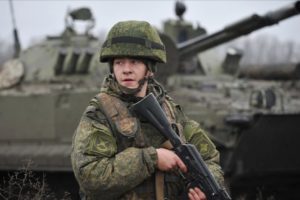
And when Pavel called his wife for the last time, he sent her telegram channels with Ukrainian news and asked her to trust only them. He said that they are used there as cannon fodder, but according to Russian news, everyone is lying.
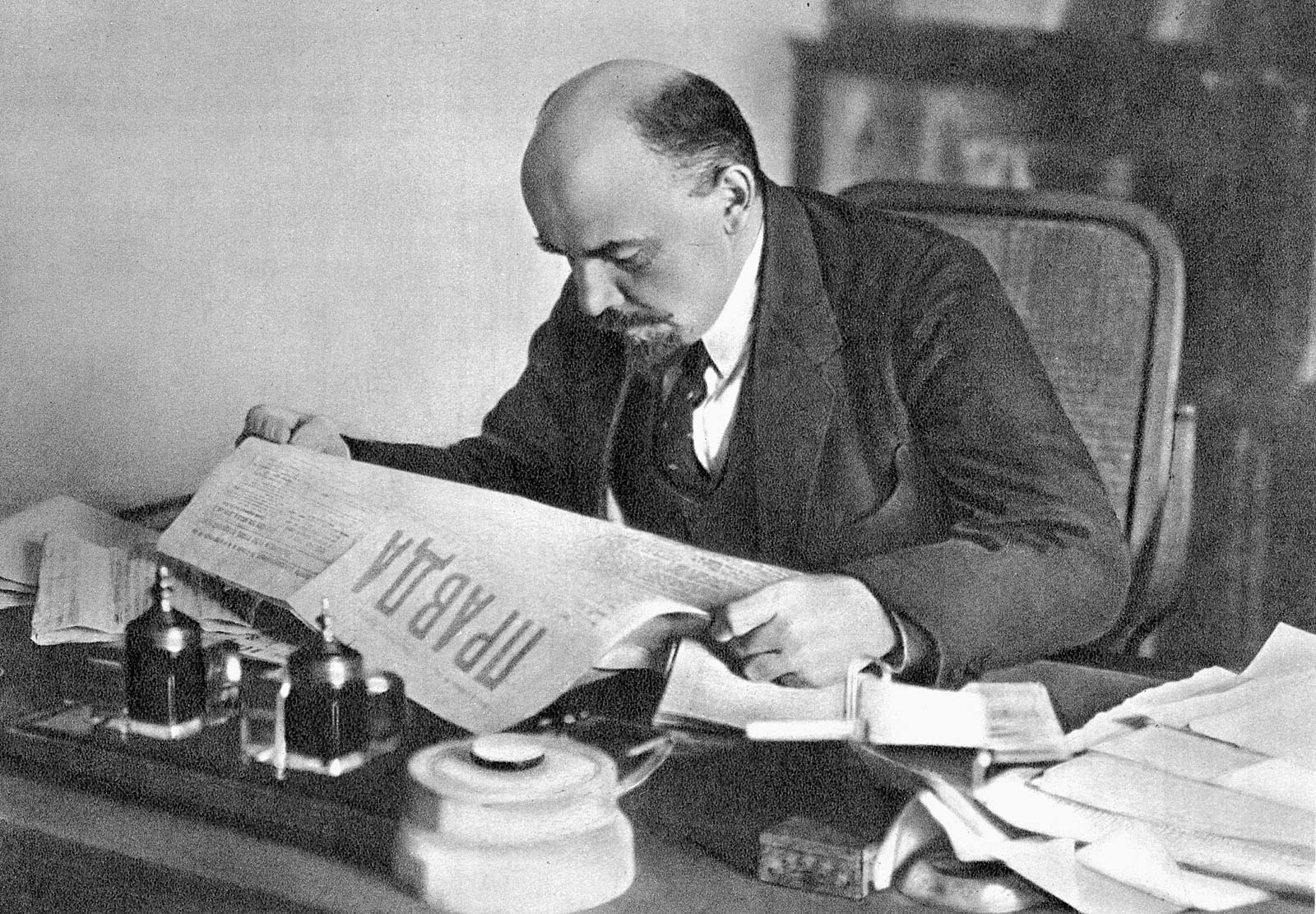
Here we republish the second part of an article the late Tom Lewis wrote for the International Socialist Review (Issue 14, October-November 2000), a publication for which he wrote frequently.

A lot of the statements made on his death have remarked on the fact that Alain had not followed the path of many of the other sixty-eighters (soixantehuitards) who moved into the media, business, academia or politics but at a price of moderating their politics.

Here we republish an article the late Tom Lewis wrote for the International Socialist Review. Though written more than 20 years ago, Lewis’ insights on the right of oppressed nations to self-determination has renewed relevance during Russia’s invasion of Ukraine.
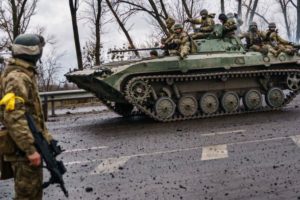
We don’t see the children dying in Yemen, victims of a nearly decade-long war by a regime just as brutal as Putin’s, because the Saudi autocrats are Western allies. And the Yemeni children? They are from the Middle East.
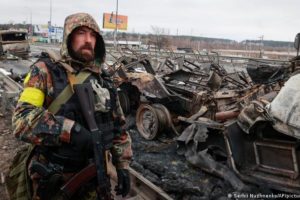
By Rolando Astarita, a Marxist economist at the University of Buenos Aires in Argentina, published this article on his blog, reprinted in Correspondencia de Prensa. The ISP translated it to English.
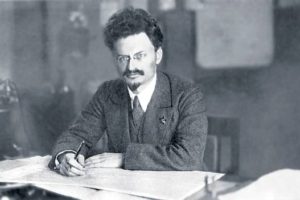
We reprint an article by Russian revolutionary Leon Trotsky about Ukraine’s right to self-determination, while it remained under the rule of Stalinism, written in 1939, when the outbreak of the Second World War was imminent – which demonstrates why the right to self-determination is key to revolutionary socialism.

We are opposed to national enmity and discord, to national exclusiveness. We are internationalists. We stand for the close union and the complete amalgamation of the workers and peasants of all nations in a single world Soviet republic.

If the board decides to continue on a confrontational course, the Chicago labor movement will have to come to the aid of our brothers and sisters at Proviso.

Already, the situation has significantly raised the danger of a broader military conflict in Europe. A full scale or even partial invasion of Ukraine will lead to death and destruction on an enormous scale.
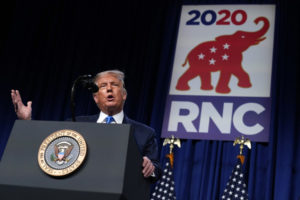
Even if the U.S.’s main conservative party manages to distance itself from the chaos and corruption that Trump exudes, its Trumpiness will persist. That’s because it exists in an era of economic instability and political polarization that pushes it to make ever-more extreme positions a “new normal” in U.S. politics.